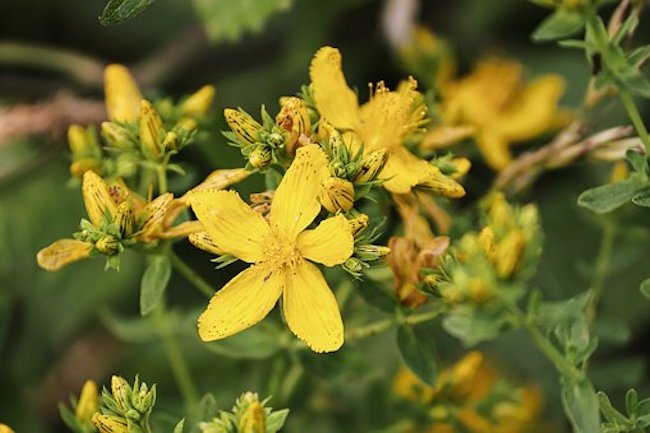A beginner’s guide to starting a medicinal garden by: Zoey Sky for Natural News
Medicinal herbs and plants are must-haves for any prepper, especially when SHTF. If you want to have access to herbal plants throughout the year, start a medicinal garden on your homestead. (h/t to DoomAndBloom.net)
Why start a medicinal garden?
Even with a full stockpile, your supplies will eventually run out during a long-term survival scenario. If you have a medicinal garden, you’ll have access to natural alternatives to conventional medicines. Having different types of medicine on hand is essential for survival in a post-SHTF world.
Like other prepping skills, gardening has a steep learning curve, so don’t wait until things go south before starting your medicinal garden. While things are calm, purchase necessary gardening supplies, such as items to amend the soil in less fertile locations.
Sunlight and soil health
If you don’t already have a home garden, choose a well-drained, sunny area with healthy soil. Some herbs will thrive in shade, but a lot of plants need at least six to eight hours of full sunlight to grow healthy and strong. It’s best to grow certain medicinal plants in pots so you can easily bring them indoors during winter.
Plants should be watered regularly so your garden soil stays moist, but don’t let it get muddy or waterlogged. If you need well-draining soil, mix potting soil with some bark (such as fir or pine) and coconut coir. Coconut coir is the material between the outer shell of a coconut and the inner shell which contains the coconut “water” and “meat.” Add compost to enrich the soil.
Drill or punch lots of holes all over the sides and bottom of the pots. Finally, fill the pots with soil to about five inches from the top. If you have red worms, add some to the soil and feed the worms compost materials by adding vegetable peels or leftover uncooked vegetables.
Dig a little hole along the edges of the pot for your plant then put the compost materials in and cover it with soil. The worms will eat the vegetables and poop “worm castings,” an organic form of plant fertilizer.
Worm castings can help improve garden soil because they contain a mixture of bacteria, enzymes, remnants of plant matter and other substances. This organic matter is full of plant nutrients that are good for your crops.
Tips for natural pest and disease control
To keep your crops chemical-free, use only organic pest and disease control solutions.
Here’s a simple recipe for a non-toxic pest control solution.




